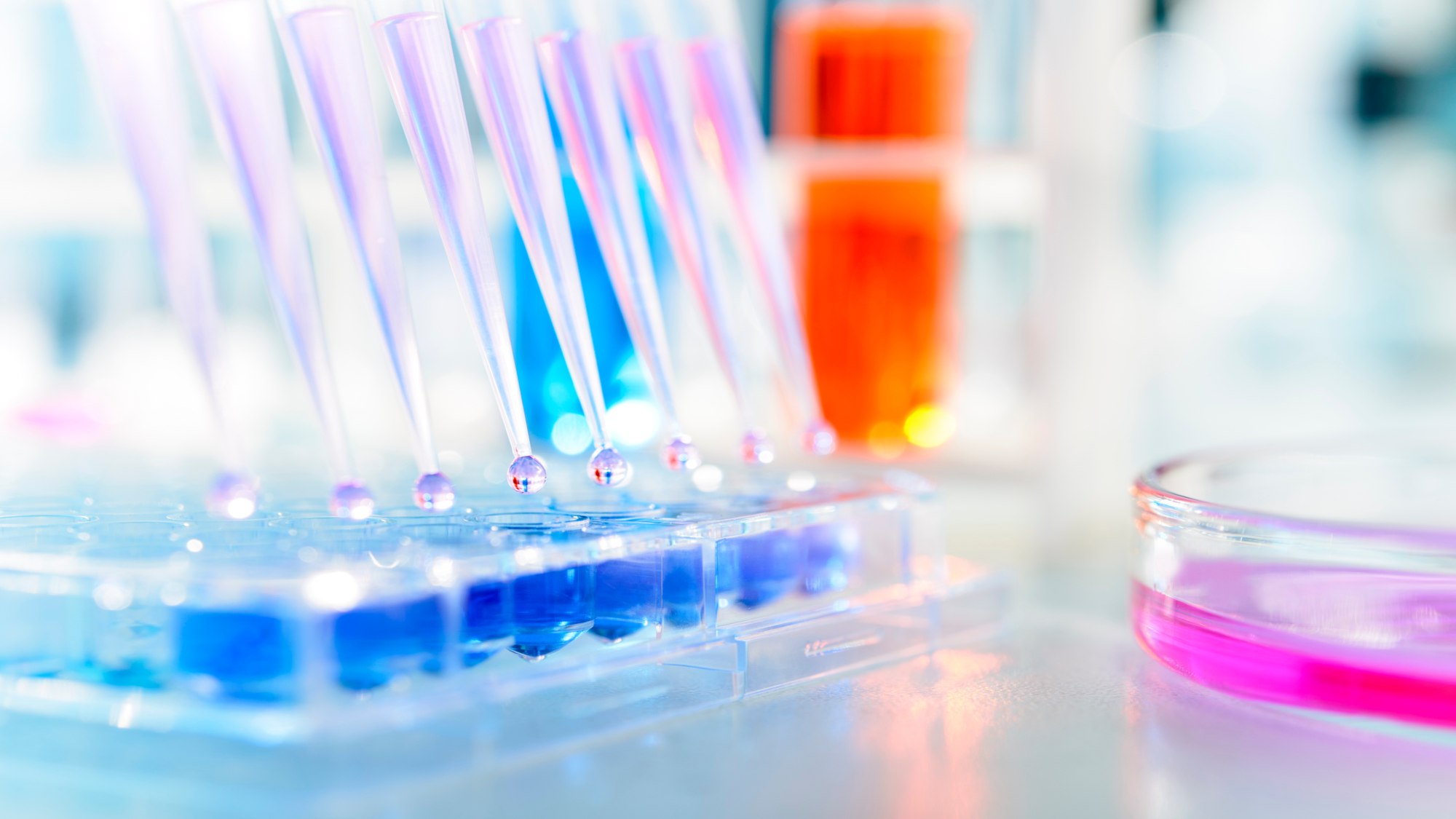Biotechnology in cosmetics: Chitosan Cosmetics

17 Nov 2025
Enabling Quality for Biotech Beauty Products – Part 3
Among biotechnology-driven cosmetic ingredients, chitosan is emerging as a versatile natural polymer. Derived from chitin, the structural component in crustacean shells, or more sustainably from fungal cell walls, chitosan combines biocompatibility, biodegradability, and multifunctionality. It is a linear polysaccharide consisting of glucosamine and N-acetyl glucosamine. Its properties make it particularly attractive for skincare, wound care, and haircare formulations.
Functional Benefits
Chitosan's film-forming and conditioning properties make it suitable for haircare products like shampoos and conditioners, where it improves manageability and shine. In skincare, it supports hydration and barrier protection, while in dermal fillers it serves as a biodegradable material with high biocompatibility.
Clinical research has highlighted the distinct benefits of chitosan, including its ability to retain moisture and enhance hydration. It contributes to improved skin elasticity and forms a protective biofilm, which helps minimize water loss and shields the skin from environmental stressors. Additionally, chitosan has applications in wound healing and regeneration. Additionally, its cationic nature also supports antimicrobial activity, which is beneficial in both cosmetic and dermatological applications.
Biotechnology Production and Analytical Testing
Chitosan derived from a fungal fermentation process offers a scalable, non-animal sourced ingredient where quality can be highly controlled to produce material acceptable for consumer healthcare, medical, drug delivery and other life science applications. Analytical testing is of course the cornerstone of quality assurance and relevant test programs require specialised analysis including:
- Capillary electrophoresis (CE) for rapid and accurate quantification even if mixed with other ingredients
- Inductively Coupled Plasma Mass Spectrometry (ICP-MS) can be used to detect heavy metals such as lead, chromium, and arsenic, ensuring safety compliance
- LC-MS/MS for identifying cosmetic allergens and verifying accurate labeling.
Chitosan exemplifies how biotechnology can transform natural polymers into high-performance, safe, and sustainable cosmetic ingredients. With robust analytical testing ensuring quality and safety, chitosan offers the cosmetic and medical industry an innovative, high-quality material that enhances both product performance and consumer confidence.
If you would like to find out more on this topic please find us online:
